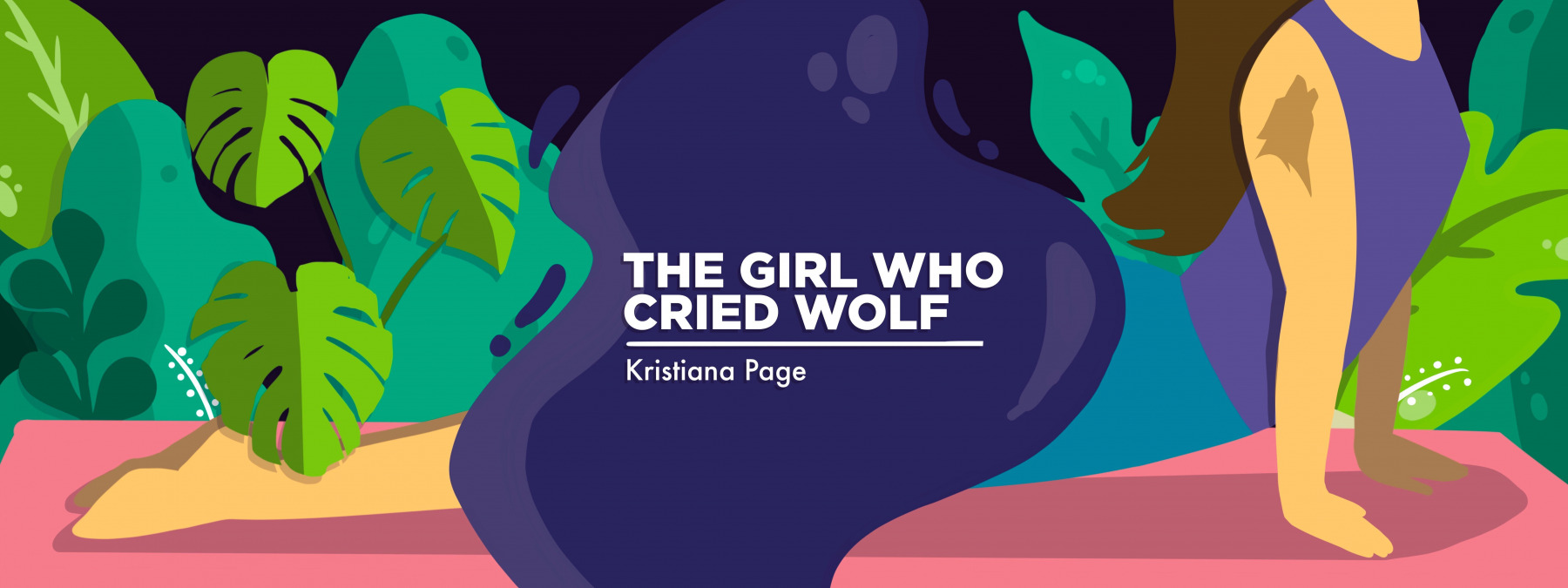Small acts of kindness made a world of difference after my diagnosis
Even the tiniest gestures can have a big impact, columnist Kristiana Page writes
Written by |

I remember when I was diagnosed with lupus. It felt like the world was somehow spinning too fast and too slow at the same time.
On one hand, I seemed to be under constant fire from all angles. The fatigue was overwhelming. Adjusting to life while learning to manage a chronic illness was overwhelming. Grieving my old self and life as I’d always known it was overwhelming. Everywhere I turned, something else would pop up and take me by surprise.
While my brain was being hit with challenges faster than I could handle, my physical recovery was painfully slow. The type of slow that’s obvious only to those who see you infrequently. The type of slow you can’t see yourself. Some days it seemed like I’d only made it one step farther than I did the day before. I felt like I was going nowhere.
Waiting for medication to work and for my kidneys to heal wasn’t like recovering from an operation or a cold. When it comes to internal organs like the kidneys, there’s no real indication of progress except for the results of blood and urine tests. It’s a waiting game. All I could do was trust my renal specialist. With each appointment, I could only hope that the latest tests showed more positive results.
The hardest part of being in the throes of your greatest struggle is that life doesn’t stop. The only person who truly knows how you’re feeling — and why — is you. It doesn’t matter how far you’ve fallen; the sun still rises and sets, just as it always has. Your responsibilities don’t get washed away by your pain; they’re just forced to fall farther down on your list of priorities.
I was in the middle of dealing with a life-changing diagnosis and all the hurt and heartache that came with it. But I still had a job to do. I spent the better part of a year coming to terms with what lupus looked like in my life, and I worked through it all. As a barista, none of my customers would’ve guessed what was going on in my life. Why would they? As a seemingly healthy woman in my early 20s, there were no telltale signs that anything was even remotely amiss.
That’s the thing about hurt, heartache, and invisible illness — the pain isn’t apparent to other people. But that doesn’t make it any less real or easier to bear. We all know pain in one way or another. Loss, grief, heartache, and struggle have affected us all. The unlucky ones may even face a wicked combination of multiple challenges at the same time.
Small actions make the biggest difference
My dad always said, “It’s not the big things in life that’ll get you; it’s the little ones.” More often than not, we can prepare for the big hits, the hurdles we can see from a mile out. It’s the things we don’t see coming that can break us down and hold us there. A single strike won’t break through concrete, but a thousand small hits can crumble a sidewalk.
But in the same way that little negatives make a difference, so, too, do little positives. And when I remember the most trying year of my life, what stands out are the small acts of kindness I received when I needed them most. I remember smiles from strangers, check-ins from friends, and many moments of understanding from my nearest and dearest.
In my hour of need, so many people chose to show me compassion, love, and graciousness, even when I didn’t think I deserved it. We often don’t expect that a single message, a simple smile, or a little comment will make much of a difference in someone’s life, but those fleeting moments meant everything to me when I was struggling.
We never really know where someone’s at in life. There’s no way to tell whether they’re experiencing the highest of highs, the lowest of lows, or somewhere in between. All we know is that our actions can make a difference.
If you have the chance to show kindness, do so with your heart. You never know how much someone might need it.
Note: Lupus News Today is strictly a news and information website about the disease. It does not provide medical advice, diagnosis, or treatment. This content is not intended to be a substitute for professional medical advice, diagnosis, or treatment. Always seek the advice of your physician or other qualified health provider with any questions you may have regarding a medical condition. Never disregard professional medical advice or delay in seeking it because of something you have read on this website. The opinions expressed in this column are not those of Lupus News Today or its parent company, Bionews, and are intended to spark discussion about issues pertaining to lupus.






Leave a comment
Fill in the required fields to post. Your email address will not be published.